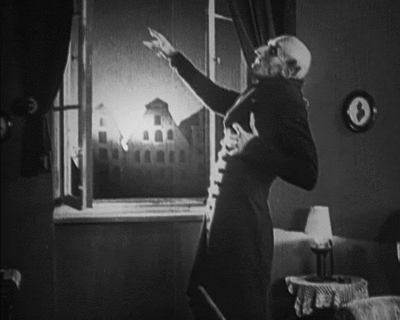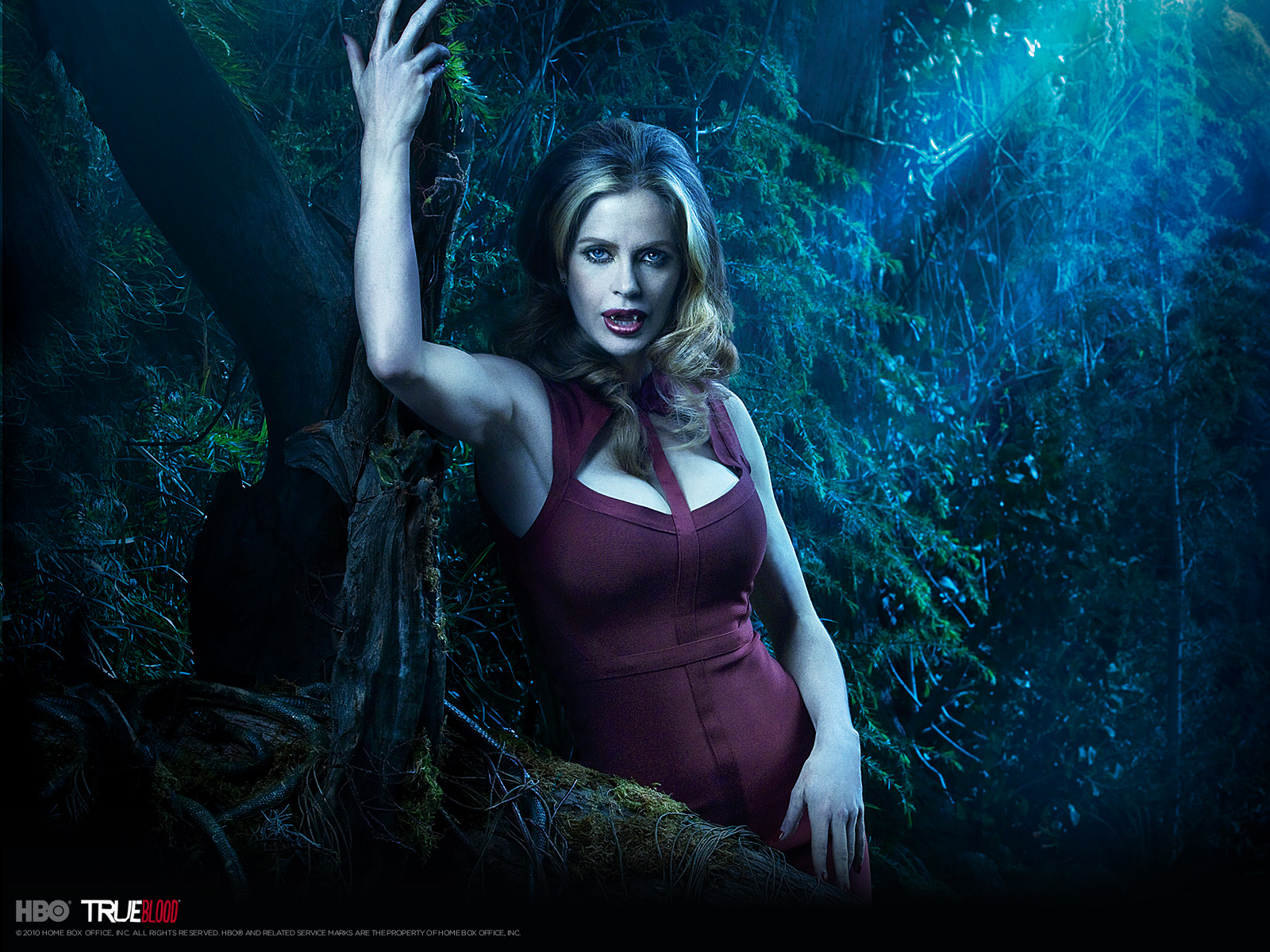Karliene - Love Song For A Vampire ( Be Mine Forever )
Come into these arms again
And lay your body down
The rhythm of this trembling heart
Is beating like a drum

It beats for you - It bleeds for you
It knows not how it sounds
For it is the drum of drums
It is the song of songs...

Once I had the rarest rose
That ever deigned to bloom.
Cruel winter chilled the bud
And stole my flower too soon.

Oh loneliness - oh hopelessness
To search the ends of time

For there is in all the world
No greater love than mine.

And lay your body down
The rhythm of this trembling heart
Is beating like a drum
It beats for you - It bleeds for you
It knows not how it sounds
For it is the drum of drums
It is the song of songs...
Once I had the rarest rose
That ever deigned to bloom.
Cruel winter chilled the bud
And stole my flower too soon.
Oh loneliness - oh hopelessness
To search the ends of time
For there is in all the world
No greater love than mine.
Love,
Still falls falls the rain
Love,
Still falls the night

Be mine forever
Be mine forever
Be mine forever

Be mine forever
Be mine forever
Be mine forever.
Be mine forever
Be mine forever
Be mine forever...
Let me be the only one
To keep you from the cold
Now the floor of heaven's lain
With stars of brightest gold
They shine for you - they shine for you
They burn for all to see
Come into these arms again
And set this spirit free
Love,
still falls the rain
Love,
still falls the night

Be mine forever
Be mine forever
Be mine forever
Still falls falls the rain
Love,
Still falls the night
Be mine forever
Be mine forever
Be mine forever
Be mine forever
Be mine forever
Be mine forever.
Be mine forever
Be mine forever
Be mine forever...
Let me be the only one
To keep you from the cold
Now the floor of heaven's lain
With stars of brightest gold
They shine for you - they shine for you
They burn for all to see
Come into these arms again
And set this spirit free
Love,
still falls the rain
Love,
still falls the night
Be mine forever
Be mine forever
Be mine forever
 although after the first invitation they can come and go as they please.
although after the first invitation they can come and go as they please. 
The Oxford English Dictionary dates the first appearance of the word vampire
Vampires

Vampire In Europe (Kegan Paul Library of Arcana)
when Arnold Paole, a purported vampire in Serbia was described during the time Serbia was incorporated into the Austrian Empire. The first recorded use of the Old Russian form Упирь (Upir') is commonly believed to be in a document dated 6555 (1047 AD). It is a colophon in a manuscript of the Book of Psalms written by a priest who transcribed the book from Glagolitic into Cyrillic for the Novgorodian Prince Vladimir Yaroslavovich. The priest writes that his name is "Upir' Likhyi " (Упирь Лихый), which means something like "Wicked Vampire" or "Foul Vampire".The notion of vampirism has existed for millennia; cultures such as the Mesopotamians, Hebrews, Ancient Greeks, and Romans had tales of demons and spirits which are considered precursors to modern vampires.
It is difficult to make a single, definitive description of the folkloric vampire, though there are several elements common to many European legends.

Vampires were usually reported as bloated in appearance, and ruddy, purplish, or dark in colour; these characteristics were often attributed to the recent drinking of blood. Indeed, blood was often seen seeping from the mouth and nose when one was seen in its shroud or coffin and its left eye was often open. It would be clad in the linen shroud it was buried in, and its teeth, hair, and nails may have grown somewhat, though in general fangs were not a feature.

 particularly a dog or a cat, was feared to become one of the undead. A body with a wound which had not been treated with boiling water was also at risk.
particularly a dog or a cat, was feared to become one of the undead. A body with a wound which had not been treated with boiling water was also at risk. In Russian folklore, vampires were said to have once been witches or people who had rebelled against the Church while they were alive. Cultural practices often arose that were intended to prevent a recently deceased loved one from turning into an undead revenant. Burying a corpse upside-down was widespread, as was placing earthly objects, such as scythes or sickles, near the grave to satisfy any demons entering the body or to appease the dead so that it would not wish to arise from its coffin.
In Russian folklore, vampires were said to have once been witches or people who had rebelled against the Church while they were alive. Cultural practices often arose that were intended to prevent a recently deceased loved one from turning into an undead revenant. Burying a corpse upside-down was widespread, as was placing earthly objects, such as scythes or sickles, near the grave to satisfy any demons entering the body or to appease the dead so that it would not wish to arise from its coffin. included severing the tendons at the knees or placing poppy seeds, millet, or sand on the ground at the grave site of a presumed vampire;

such as garlic or holy water are common in vampire folklore. The items vary from region to region; a branch of wild rose and hawthorn plant are said to harm vampires;
 in Europe, sprinkling mustard seeds on the roof of a house was said to keep them away.
in Europe, sprinkling mustard seeds on the roof of a house was said to keep them away. Other apotropaics include sacred items, for example a crucifix, rosary, or holy water.
Other apotropaics include sacred items, for example a crucifix, rosary, or holy water. Vampires are said to be unable to walk on consecrated ground, such as those of churches or temples, or cross running water.
Vampires are said to be unable to walk on consecrated ground, such as those of churches or temples, or cross running water. Although not traditionally regarded as an apotropaic, mirrors have been used to ward off vampires when placed facing outwards on a door
Although not traditionally regarded as an apotropaic, mirrors have been used to ward off vampires when placed facing outwards on a door  (in some cultures, vampires do not have a reflection and sometimes do not cast a shadow, perhaps as a manifestation of the vampire's lack of a soul).
(in some cultures, vampires do not have a reflection and sometimes do not cast a shadow, perhaps as a manifestation of the vampire's lack of a soul).
This attribute, although not universal (the Greek vrykolakas/tympanios was capable of both reflection and shadow), was used by Bram Stoker in Dracula and has remained popular with subsequent authors and filmmakers.

